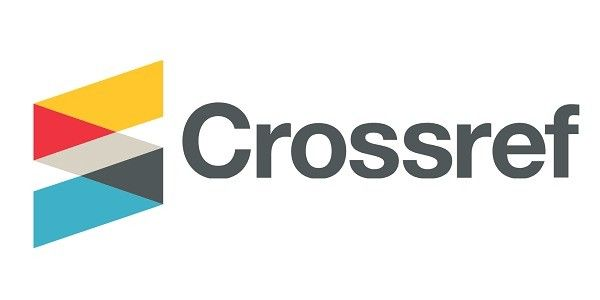THE USE OF THE CONCEPT OF БАС/ГОЛОВА/ HEAD IN KAZAKH, RUSSIAN, ENGLISH PHRASEOLOGISMS
DOI:
https://doi.org/10.56525/YBGW4260Keywords:
phraseology, concept, comparative linguistics, head, golova, head concept, linguoculturologyAbstract
The concept of" head "is often found in Kazakh Proverbs, reflecting its spiritual, social and philosophical meaning: for example, the proverb" even if the head is kespek, the language is not kespek". No one can deprive a person of the right to express his opinion, thoughts, words of
the main meaning. It is said in the sense that a free game cannot prohibit speech. The "head" in this place is the head of a person. Although beheading is a punishment, the tongue means that there is no punishment for beheading. Another proverb is "there are no two heads, and there are no two cattle." The "head" in this place means the concept that it is the head of the soul, a person. In other words, it is said that a person cannot accumulate property without getting married or getting married. We also consider the symbolic meaning of the concept of" head". Spiritual and mythological aspects of the head: the concept of “head” is considered in Kazakh legends as a symbol of spiritual power, wisdom.
The sanctity of the headdress: prohibitions regarding the headdress (do not give the headdress to another person, do not throw it on the ground) is a symbol that protects the dignity, spiritual purity of a person. A symbol of leadership and the nation.






